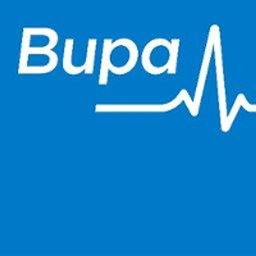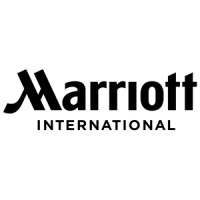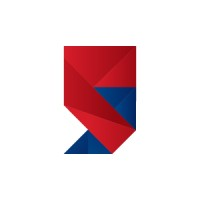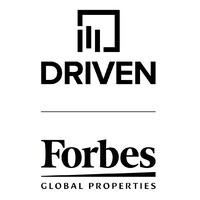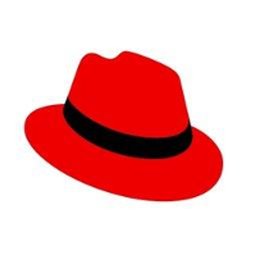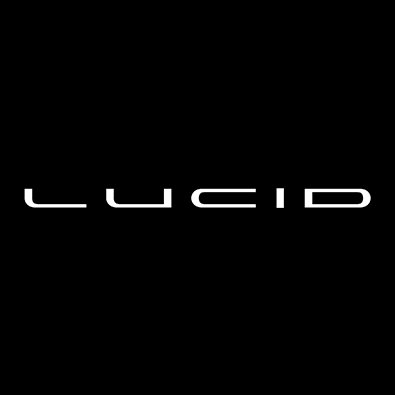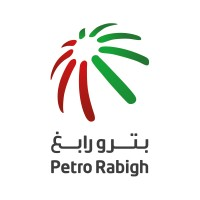ABOUT US!
At Sourcing Unicorns, we recruit globally across the creative and experiential industry, always on the lookout for exceptional talent to bring bold ideas to life. For this opportunity, we’re proud to collaborate with the team at Moment Factory to find the unicorn, the one who will truly make a difference. Together, we ensure a smooth and human-centered hiring experience that reflects the studio’s vision.
A FEW WORDS ABOUT MOMENT FACTORY
We come from many different places, but what unites us is our passion. At Moment Factory, each new project is a blank page awaiting the creativity and talent of our whole team, no matter the individual responsibilities, roles, or fields. Our desire to innovate, to take risks, and to learn from our mistakes and from each other is what allows us to create collective projects that go above and beyond. Today, thanks to a team of 450 creative minds, we have been able to create immersive multimedia environments for artists, museums, airports, brands, theme parks and events, as well as our signature shows. No matter the canvas – be it film, lighting, multimedia architecture, sound design, special effects, or interactive projects – the thirst for experimentation and innovation is at the core of our DNA.
YOUR MISSION
The documentalist plays an essential role in the management, organization, and dissemination of information throughout a project. Their primary responsibilities revolve around establishing a robust documentation structure, managing document lifecycle, ensuring their accessibility and compliance, and providing direct support during project meetings.
Establishing the Documentation Structure
One of the documentalist's first responsibilities is to define and implement the classification structure and naming conventions for project documents. This structure can be established either by the client or by Moment Factory. Regardless of who establishes it, the documentalist works in close collaboration with the Moment Factory project team to ensure this structure is logical, intuitive, and adapted to the project's specific needs. They make sure it facilitates information retrieval and access for all stakeholders.
Document Management and Organization
Once the structure is defined, the documentalist is responsible for the creation, collection, organization, and maintenance of all relevant documentation. This includes:
- Identifying Needs: Determining the types of documents required (plans, reports, technical specifications, meeting minutes, contracts, user manuals, etc.).
- Centralization: Ensuring all documents are stored in a single, accessible repository (such as an Electronic Document Management System - EDMS).
- Version Control: Managing different document versions to ensure only the most recent and approved version is used, and to allow for tracking of modification history.
- Archiving: Organizing the archiving of documents at project completion, in accordance with organizational policies and legal requirements.
Information Dissemination, Accessibility, and Quality
The documentalist ensures that the right information is available to the right people at the right time. Their tasks include:
- Proactive Dissemination: Distributing relevant documents to team members and stakeholders, both internal and external, according to their roles and needs.
- Access Management: Defining and managing document access rights to ensure the security and confidentiality of sensitive information.
- User Support: Training teams on how to use document management tools and assisting them in their information searches.
- Standardization and Compliance: Ensuring documents comply with predefined project standards and templates, as well as applicable legal, regulatory, and contractual requirements. They perform checks to guarantee the integrity and completeness of documents.
Project Meeting and Communication Support
- The documentalist provides direct and crucial support for project communication:
- Meeting Attendance: Attending project meetings between Moment Factory and the client.
- Note-Taking and Minutes Drafting: Capturing key information, decisions, and action items during these meetings.
- Minutes Validation: Ensuring notes and minutes are validated by project managers to confirm their accuracy.
- Minutes Distribution: Disseminating validated meeting documents to relevant stakeholders, ensuring they are accessible quickly and efficiently.
In summary, the documentalist is the guardian of information and the guarantor of project document reliability, an indispensable role for smooth operations and the success of projects.
QUALIFICATIONS
- Bachelor’s degree : While specific majors can vary, a bachelor's degree in fields like Library and Information Science, Documentation and Archiving, Business Administration, Management, Project management, History, English, or even relevant technology/information degrees can be a good foundation
- Advanced proficiency in English/ Arabic and another language, both written and spoken (French is a plus) Strong understanding of information management principles and practices.
- Excellent organizational, analytical, and problem-solving skills.
- Attention to detail and accuracy.
- Software Proficiency: Familiarity with integrated document management systems, archive management software, and general office systems (e.g., MS Office) is crucial.
- Strong written and oral communication skills.
- Ability to work independently and collaboratively.
- Extended general knowledge applicable to the fields of activity of the company's clientele
- Cultural intelligence and adaptability, especially in international contexts.
- Demonstrated ability to handle and carry out multiple projects simultaneously, to work under pressure and in a team
Specialized Training and Certifications, nice to have:
- Archival Coursework: in archival theory, methods, appraisal, arrangement, description, preservation, reference services, outreach, legal concerns, and ethics.
- PMP certification
- Digital Archiving/Preservation: Given the shift to digital information, knowledge and certifications in digital archives (e.g., Digital Archives Specialist (DAS) Certificate) are increasingly important.
- Records Management: Training in records management and information governance (e.g., ARMA certifications) is also valuable.
